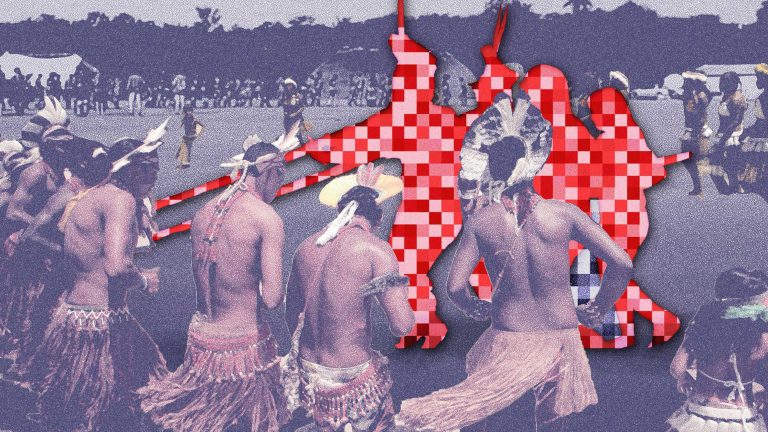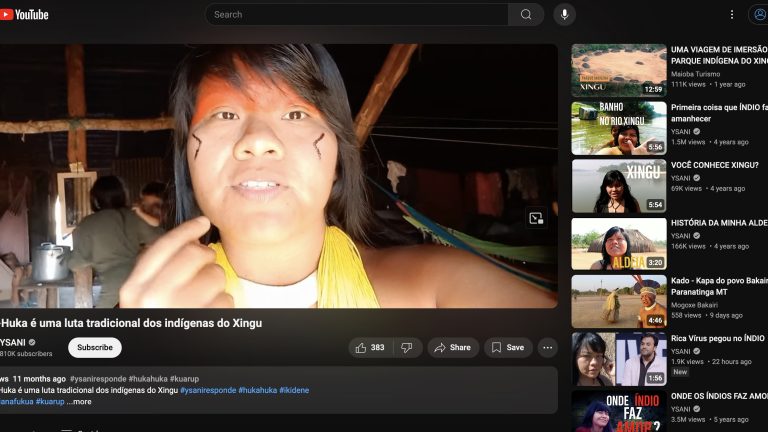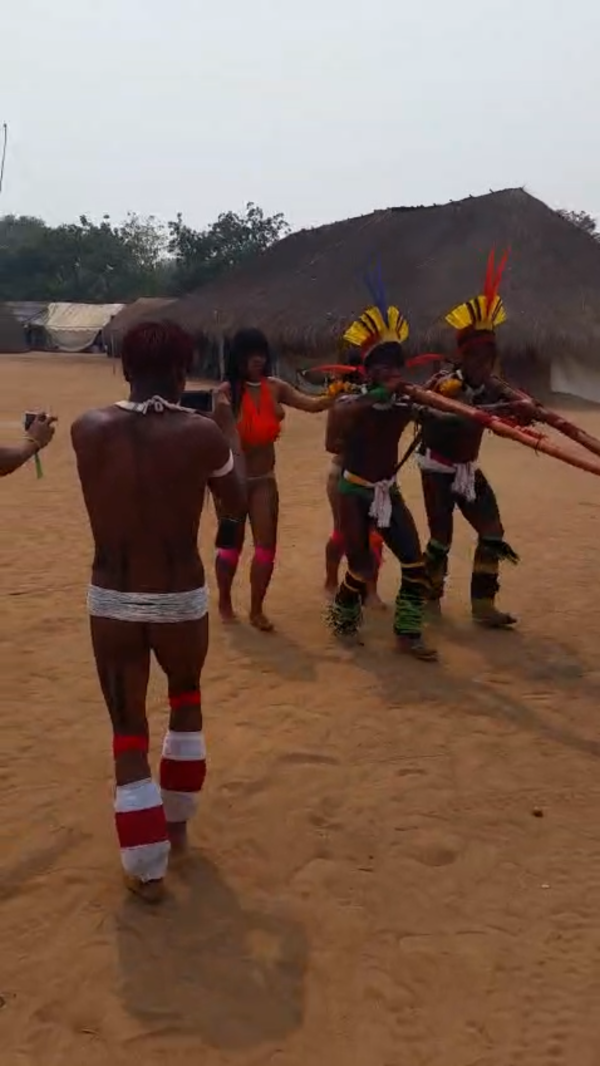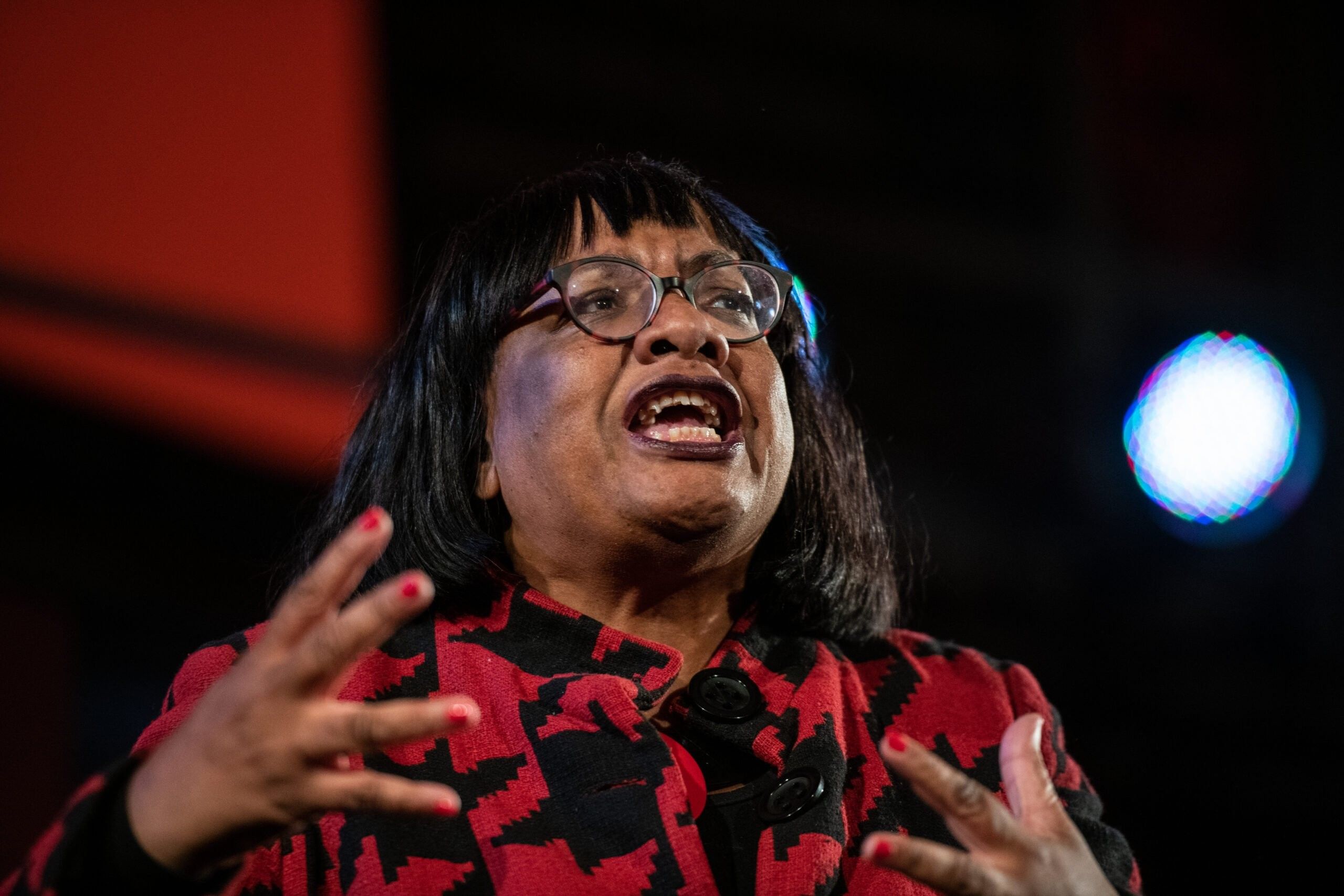Greens/EFA Group welcomes focus on climate but needs to see action
Terry Reintke MEP, President of the Greens/EFA Group in the European Parliament,
“We welcome the clear commitment from the Commission President to the Green Deal for the new Commission, which is badly needed if we are to counter the deadly effects of climate change. The Green Deal being mainstreamed across the college gives the fight against climate change the importance it requires, but now we will need to see action. We welcome that there will be a dedicated Commissioner for the rule of law, justice and democracy, which is urgent given the situation in Hungary and other countries. However, we must see bold and coordinated action on the rule of law from the Commission over the next five years. We cannot continue to let the EU be pushed around by those who seek to undermine the values on which our Union is built.
“We are concerned about the Member States failing to live up to their promises and reach gender equality. The fact that a candidate from a far-right government is nominated as Vice-President of the European Commission remains a big concern for our Group. Appointing Raffaele Fitto could create a dangerous shift towards the far-right in the Commission and endanger the pro-democratic majority in the European Parliament that voted for Ursula von der Leyen in July. All Commissioner-designates will now face hearings by the members of the European Parliament. The Greens/EFA Group will take this role seriously and thoroughly assess all the Commissioner-designates. We will not give Raffaele Fitto an easy ride.”
Bas Eickhout MEP, President of the Greens/EFA Group in the European Parliament, comments:
“It’s good to see that the urgent need to counter climate change will remain at the core of EU policy making for the new mandate. But we need clarity on how the new portfolios dealing with climate change and decarbonisation will work in practice. The horrific floods this week have once again shown the urgent need for dealing with the devastating effects of climate change, which is why we welcome the dedicated adaptation and preparedness portfolio. We welcome that the water resilience package was included in the political guidelines and then reflected in the mission letters, as we urgently need coordinated EU action on tackling floods.
“It will be important to get the decarbonisation, competitiveness and transformation of our industries right. The European Union can be a strong player in global competition while committing to climate leadership. We need to massively invest in renewable energies, good jobs and green European industries. The Green Deal is our political priority and we need a clear commitment to a European Green Industrial Policy. We welcome that the mission letters and the portfolios very much reflect the need and commitment to make the Green Deal a reality."
Terry Reintke MEP, President of the Greens/EFA Group in the European Parliament,
“We welcome the clear commitment from the Commission President to the Green Deal for the new Commission, which is badly needed if we are to counter the deadly effects of climate change. The Green Deal being mainstreamed across the college gives the fight against climate change the importance it requires, but now we will need to see action. We welcome that there will be a dedicated Commissioner for the rule of law, justice and democracy, which is urgent given the situation in Hungary and other countries. However, we must see bold and coordinated action on the rule of law from the Commission over the next five years. We cannot continue to let the EU be pushed around by those who seek to undermine the values on which our Union is built.
“We are concerned about the Member States failing to live up to their promises and reach gender equality. The fact that a candidate from a far-right government is nominated as Vice-President of the European Commission remains a big concern for our Group. Appointing Raffaele Fitto could create a dangerous shift towards the far-right in the Commission and endanger the pro-democratic majority in the European Parliament that voted for Ursula von der Leyen in July. All Commissioner-designates will now face hearings by the members of the European Parliament. The Greens/EFA Group will take this role seriously and thoroughly assess all the Commissioner-designates. We will not give Raffaele Fitto an easy ride.”
Bas Eickhout MEP, President of the Greens/EFA Group in the European Parliament, comments:
“It’s good to see that the urgent need to counter climate change will remain at the core of EU policy making for the new mandate. But we need clarity on how the new portfolios dealing with climate change and decarbonisation will work in practice. The horrific floods this week have once again shown the urgent need for dealing with the devastating effects of climate change, which is why we welcome the dedicated adaptation and preparedness portfolio. We welcome that the water resilience package was included in the political guidelines and then reflected in the mission letters, as we urgently need coordinated EU action on tackling floods.
“It will be important to get the decarbonisation, competitiveness and transformation of our industries right. The European Union can be a strong player in global competition while committing to climate leadership. We need to massively invest in renewable energies, good jobs and green European industries. The Green Deal is our political priority and we need a clear commitment to a European Green Industrial Policy. We welcome that the mission letters and the portfolios very much reflect the need and commitment to make the Green Deal a reality."












